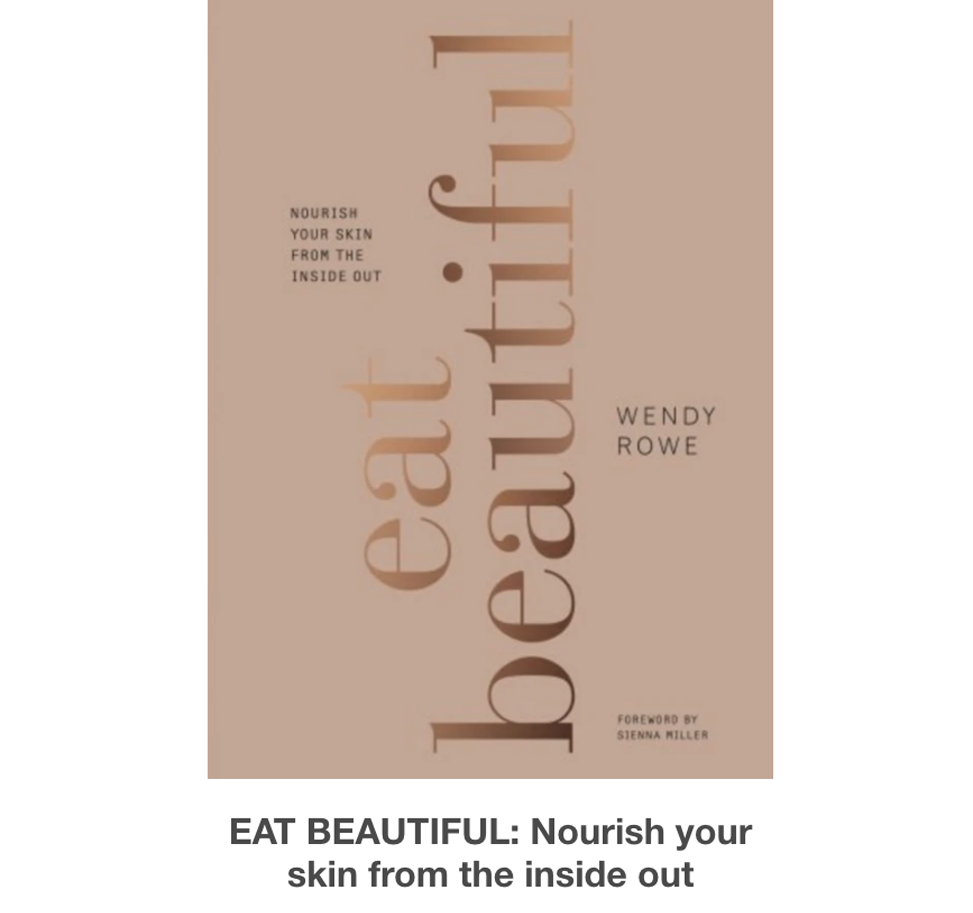
Protein plays a crucial role in achieving and maintaining healthy skin, contributing to its structure, function, tone and texture. Protein is essential for the skin’s structure and function. It is a key component of collagen and elastin, two proteins that provide strength, elasticity, and resilience to the skin. Collagen makes up about 75-80% of the skin’s dry weight and is responsible for maintaining its firmness and suppleness. In short, if you aren’t getting enough protein, your skin may be struggling to produce and maintain collagen and elastin levels. It’s also crucial for maintaining a healthy skin barrier. Here’s what you need to know.
How Much Protein for Good Skin?
General dietary guidelines suggest consuming 0.8 grams of protein per kilogram of body weight daily. However, to make this simpler you may wish to aim for 1g of protein for every 1kg you weigh. To put this in context, an egg provides 13g of protein. But not all protein is equally nutritious.

What are the Best Sources of Healthy Protein for Skin?
Fish: Fatty fish like salmon, mackerel, and sardines are excellent sources of protein and omega-3 fatty acids, which help maintain skin moisture and reduce inflammation.
Lean Meats: Chicken, turkey, and lean cuts of beef provide high-quality protein along with zinc, which is important for collagen synthesis and skin repair.
Eggs: Rich in protein and biotin, eggs support skin health and can help improve skin’s moisture retention.
Nuts and Seeds: Almonds, walnuts, chia seeds, and flaxseeds provide protein along with healthy fats and vitamin E, which protects the skin from oxidative stress.
Legumes: Beans, lentils, and chickpeas are good vegetarian protein sources that also provide fibre and various skin-beneficial nutrients.
Soy Products: Tofu, tempeh, and edamame are rich in protein and isoflavones, which may help improve skin elasticity and reduce wrinkles.
THIS POST CONTAINS AFFILIATE LINKS
Protein For Skin: Recipe Idea
Sardines on Buckwheat Flatbreads
Sardines are one of the most skin-friendly fishes out there. This recipe is from my book Eat Beautiful and is perfect for a quick and fresh summer or autumn lunch or dinner.

Serves 4
280 calories per serving
4 tbsp buckwheat flour, plus extra for dusting
Raw coconut oil, for frying
4 fresh sardines, gutted and cleaned (ask your fishmonger to do this)
Handful of fresh parsley, finely chopped, plus extra to serve
Juice of ½ lemon
Salt and freshly ground black pepper
TO SERVE
1 watermelon radish (or a handful of red radishes), sliced into thin circles
Lemon wedges
- Place the flour in a bowl with 2 tablespoons of water and knead together to make a dough. (Buckwheat can be quite sticky so you may need to add more flour.)
- Roll the dough into a tube and slice into four sections. On a work surface lightly dusted with flour, roll each piece out into a flatbread about 3mm thick.
- Heat a little coconut oil in a non-stick frying pan over a medium heat, add a flatbread and cook on each side for 2–3 minutes or until browned. Transfer to a plate and cook the remaining flatbreads in the same way.
- Meanwhile, cook the sardines. Melt 1 tablespoon of coconut oil in a frying pan and add the sardines, parsley and lemon juice. Season with a little salt and pepper and cook over a medium heat for 5 minutes on each side or until cooked through.
- To assemble, place slices of radish on top of each flatbread, top with a sardine and serve with extra parsley sprinkled over and a wedge of lemon.
MORE SKIN-FRIENDLY PROTEIN-RICH RECIPES: Spicy Fish | Chicken Satay | Pearl Barley & Quinoa
© Wendy Rowe. All Rights Reserved.








